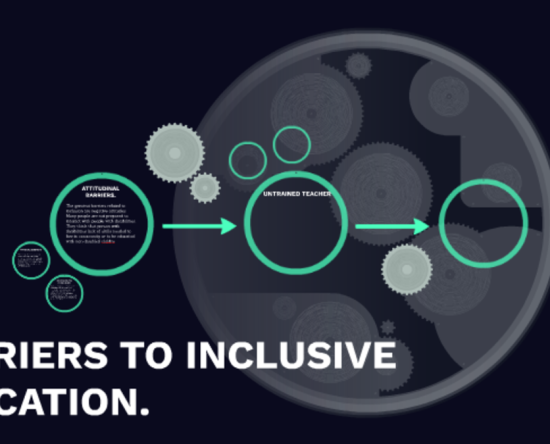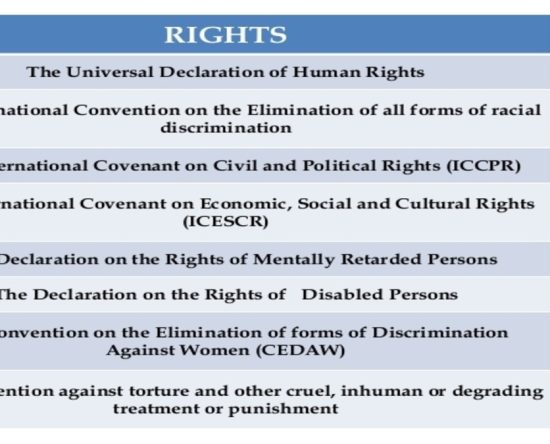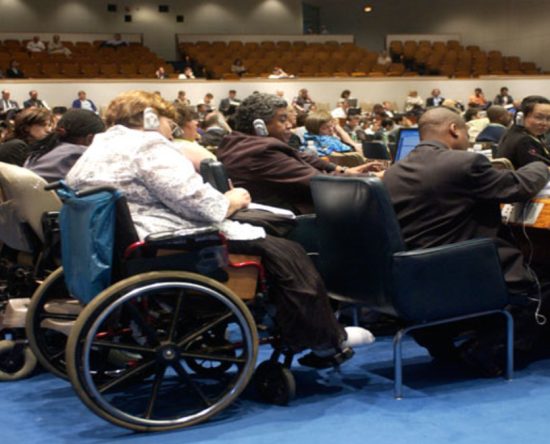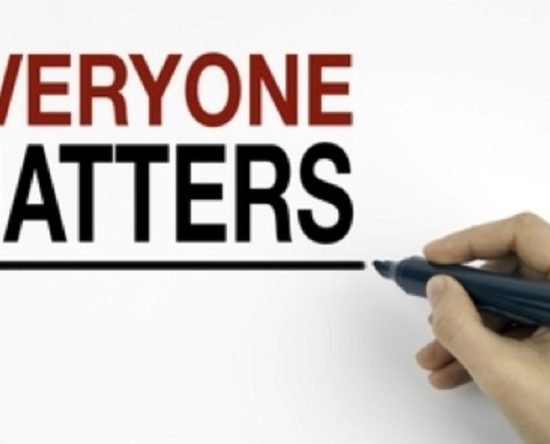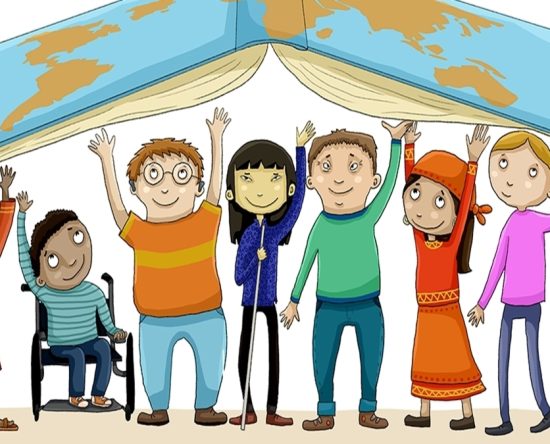
Mobilizing Support for Inclusive Education
The community resources which are easily available for inclusive education include schools, teachers, peer groups, service clubs etc.
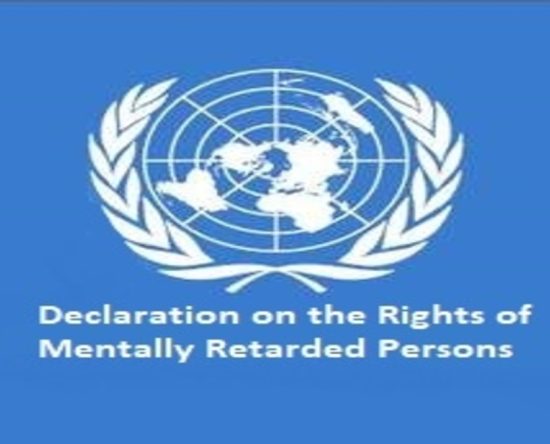
UN Declaration on the Rights of Mentally Retarded Persons, 1971
The United Nations General Assembly in its 2027th plenary meeting on December 20, 1971 proclaimed the Declaration on the Rights of Mentally Retarded Persons, which provided the basic principles of action for The World Programme of Action concerning Disabled Persons.
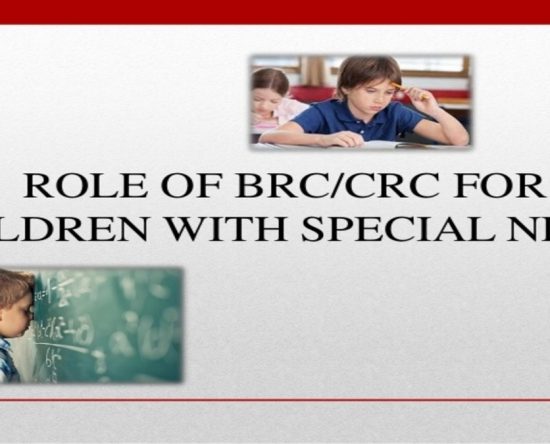
Role of BRCs and CRCs under SSA
Block Resource Centres (BRCs) and Cluster Resource Centres (CRCs) were established in each block of every district under SSA to conduct in-service teacher training and to provide academic support to teachers and schools on a regular basis as well as to help in community mobilization activities.
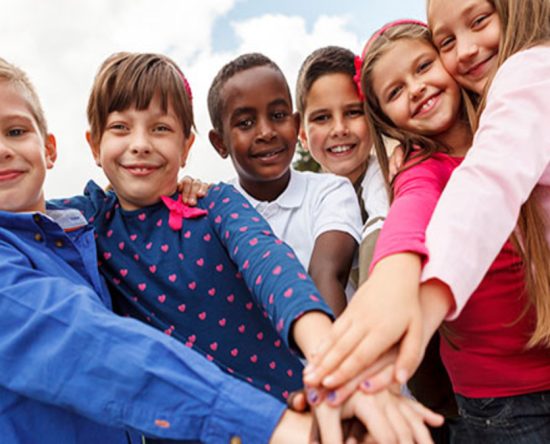
Developing Collaboration within School Community
Peer support is a strategy that involves placing students in pairs or in small groups to participate in learning activities that support academic instruction and social skills.
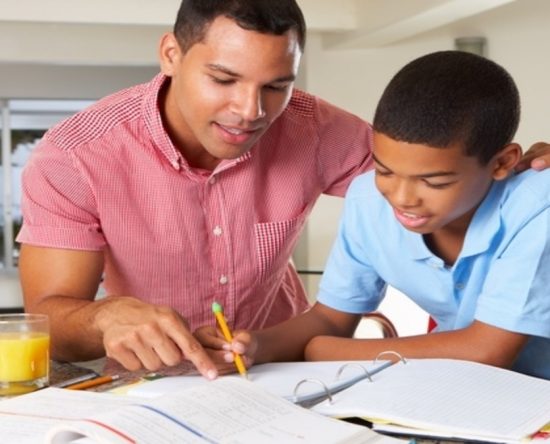
Developing Collaboration with Family and Other Caregivers
Involving parents and the community is an important principle of quality, both in and out of the classroom. It is even more relevant in the case of inclusive education, which is much broader than formal education and should not only take place within the four walls of a classroom. Parents’ collaboration is not only of […]
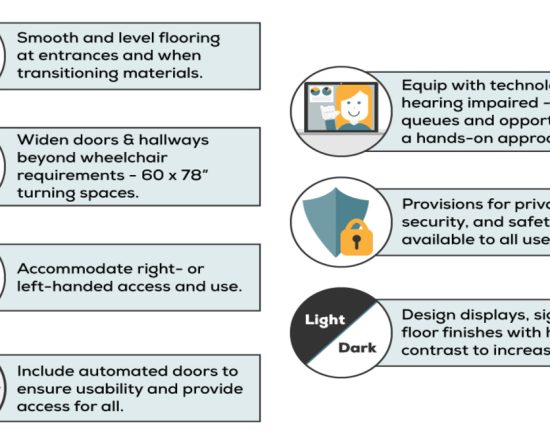
Universal Design for Inclusive Schools
Universal design is a concept that has evolved from the more traditional view of accessibility as being solely for the benefit of persons with disabilities. The practical application of universal design is achieved through understanding and using the goals of universal design.

